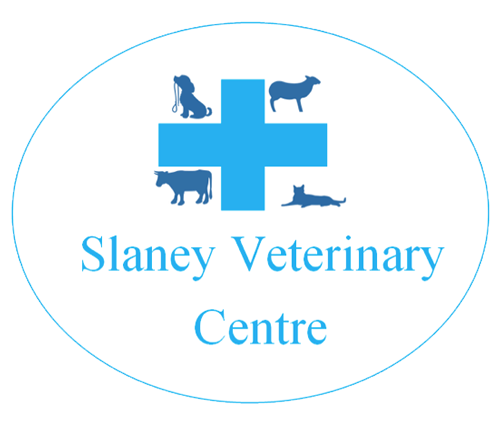Pet Nutrition is something which is often overlooked, with owners spending a lot of money on preventative vaccination, parasite control and bedding but then just buying the 1st bag of food they see, or the handiest one which the local shop may stock.
In our experience feeding a good quality diet to your pet is just as essential to his long term health. Ultimately, in most circumstances we find that we see far less of the pets who are fed on good quality diets than those on standard “run of the mill” foods.
This is extremely important especially with regard younger and older animals, as they have specific nutritional requirements for their ages. For example, many puppy foods are marketed as junior or puppy without differentiation. Different breeds however have different nutritional requirements with Golden Retrievers and St. Bernards, for example needing different levels of nutrition for their joints than a miniature Jack Russell would. Due to this fact it is important to buy a food specific to your breeds needs, ie junior small dog vs junior giant dog.
Older\ geriatric dogs can also need specific diets tailored to their needs. As some dogs get older their digestive tract becomes less able to digest and absorb food. As a result, you could actually be feeding your pet a lot more but they may not be getting the benefit from it. For this reason, amongst others, some older dogs may need to move onto a senior brand of feeding which addresses these changes and helps your pet get the most from their food.
A very easy way to check if your pet’s food is agreeing with him, although possibly not the nicest for you, is to check their poo. This should be well formed, brown and easily lifted (royal canin link) the vast majority of the time. They should also not be passing faeces too many times in the day. If you find that they are, there is a good chance that they are not digesting and absorbing the particular food which they are on, as most of it is just passing through them. If you find that any of the above applies to your pet, you should contact us to discuss their dietary needs.
Another frequent question that we are asked about is to recommend a good supplement for pets. There are some medical situations in which supplements may be required, but the vast majority of pets shouldn’t need any form of supplementation unless they are on a diet that isn’t agreeing with them. In these cases, it is far more beneficial to your pet to change to a diet which will contain all the vitamins and minerals they need. You would be surprised in most cases just how cheaply this can be done when compared to the price of using costly supplements on top of a diet that is not suiting your pet.
Many of the elite food companies will offer money off vouchers\loyalty schemes etc and you may be surprised to find that when worked on a daily feeding cost that some of the seemingly more expensive foods will actually cost the same or be cheaper than some of the bargain foods, as you will need to feed far less of them than the cheaper competitor meaning they last a lot longer. It is important though to realise that there are good foods at different budget levels and to choose the one which is suitable for your family circumstances.
We offer free advice re feeding and dietary health, so please feel free to contact us to ask our advice. as we would prefer to only have to see your pet for vaccinations and routine work than preventable problems such as gastrointestinal\skin allergies or mobility problems caused\ enhanced by the wrong choice of diet.
